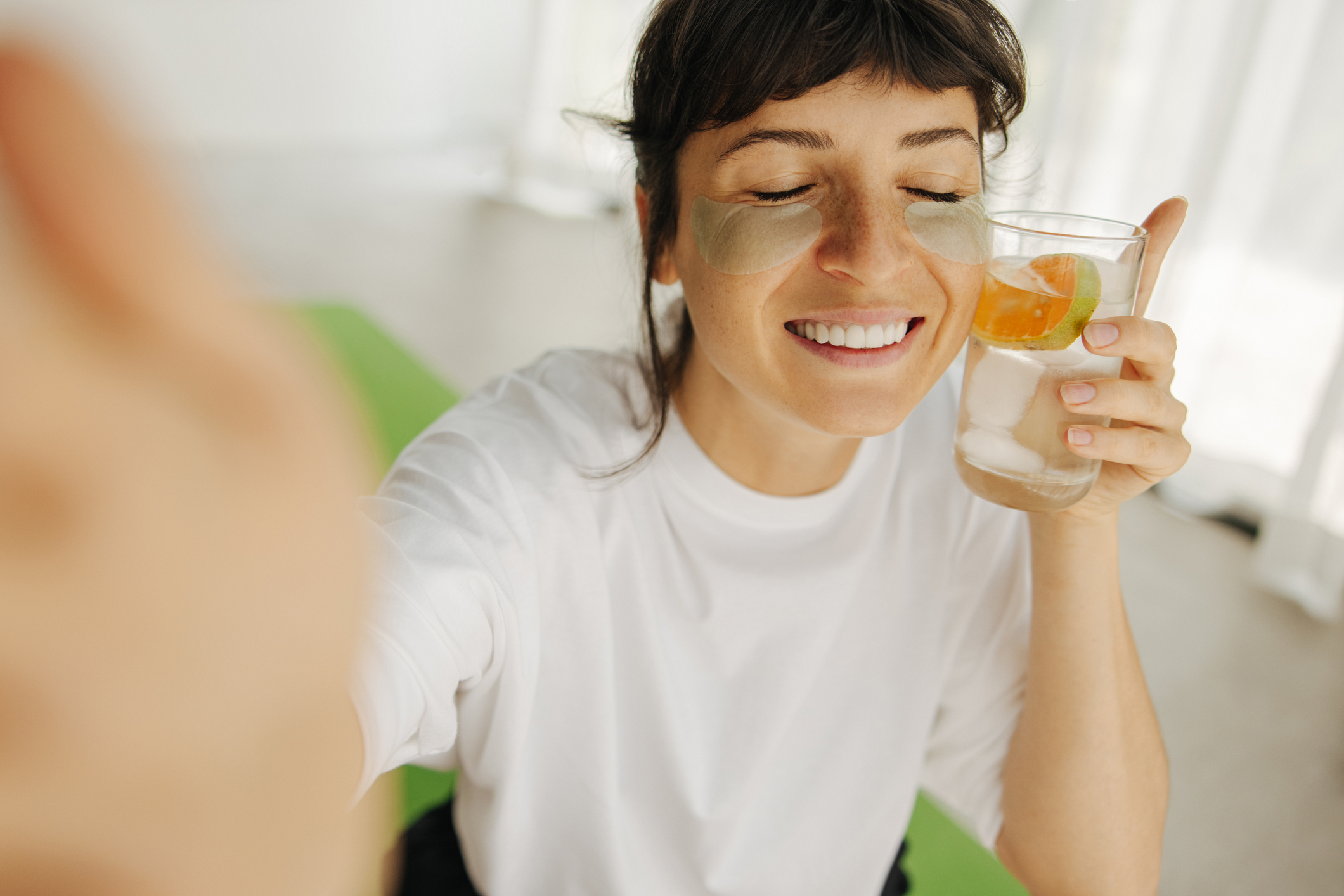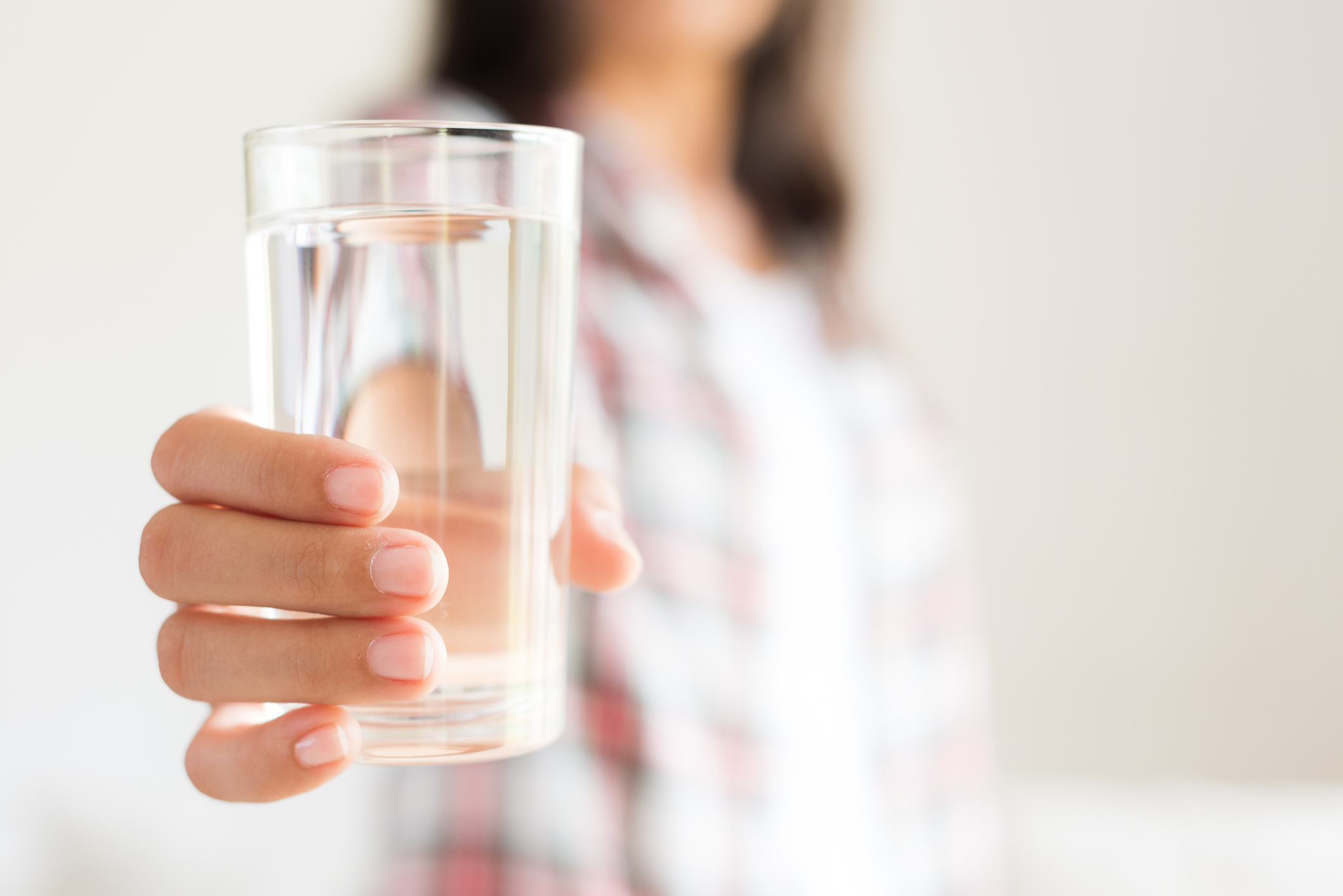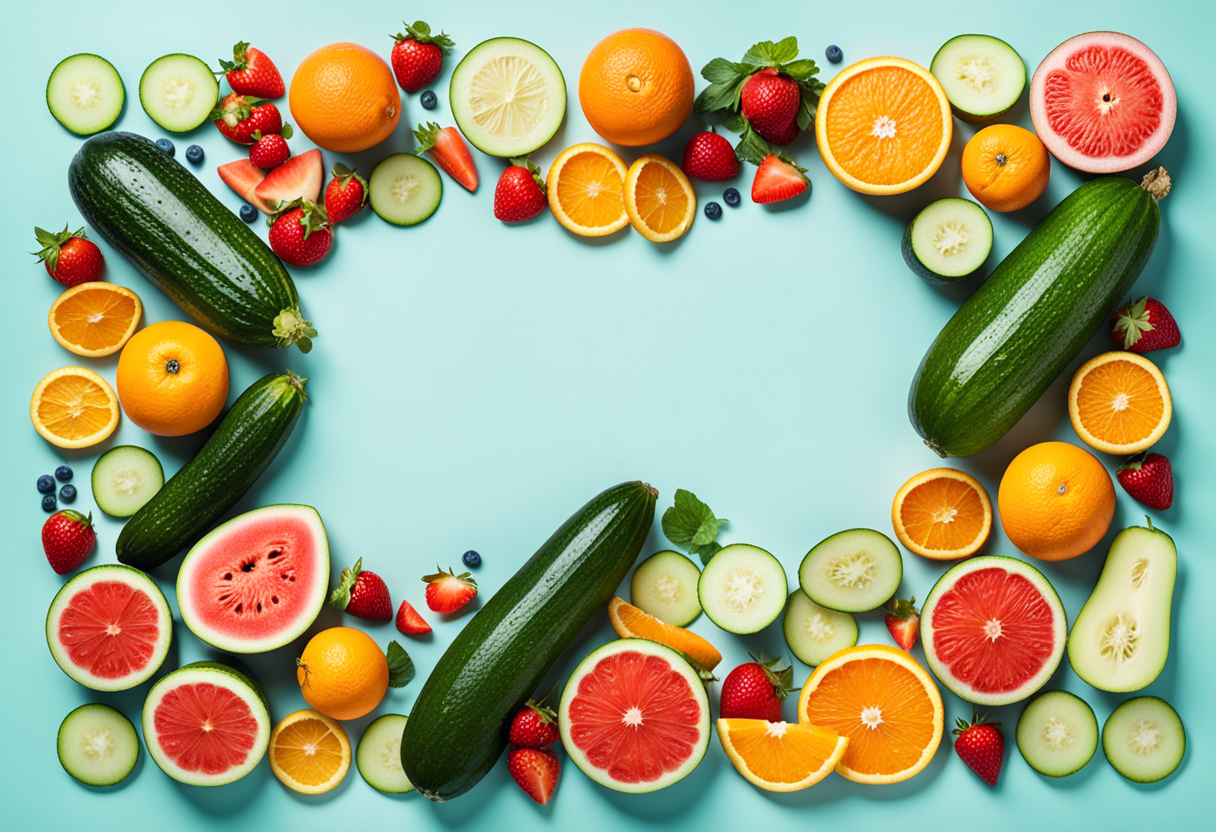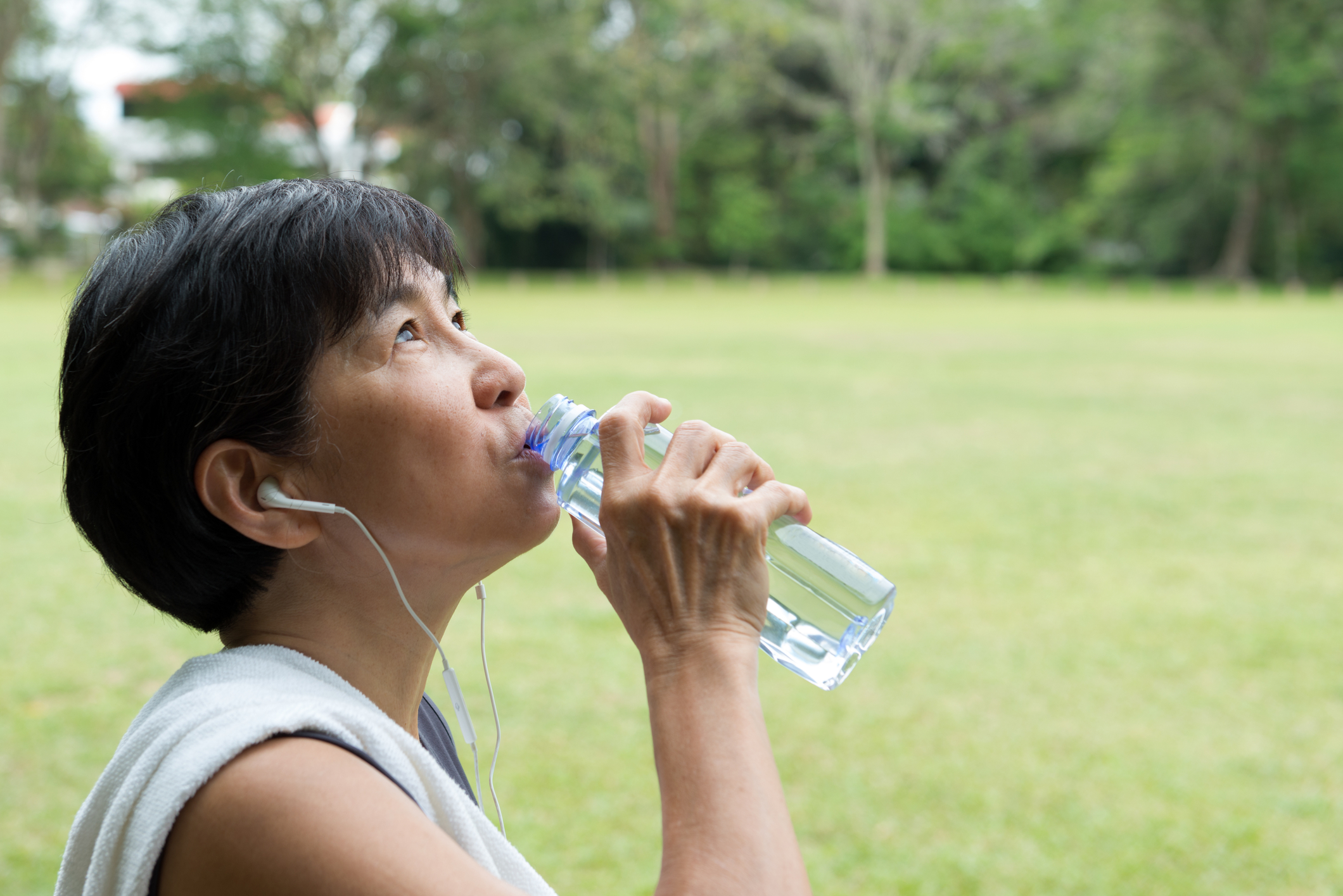Dive into the Refreshing Depths of Healthy Hydration: Top Five Essential Facts You Need to Soak up Right Now
Hydration is more than just drinking water; it's an art and a science that involves keeping our body at an optimal fluid balance. Water makes up around 60% of our body weight and plays various roles, from maintaining body temperature to lubricating joints. The significance of hydration cannot be overstated - it performs vital roles at every level of bodily function.
Our bodies maintain a delicate balance of fluids that is essential for the efficient functioning of bodily systems. Every cell, tissue, and organ depends on this balance. Cells use water as a transport medium to deliver nutrients to where they're needed and remove waste products, an essential part of our metabolic processes.
Water can also impact the performance of our brain. Dehydration can affect mood, memory, and focus —influence our cognitive and physical performance. Moreover, proper hydration aids in digestion, helping your body absorb nutrients from food more efficiently.
In spite of these known benefits, many people remain poorly hydrated throughout the day. The first fact to remember is that hydration is not a one-size-fits-all principle. It varies based on age, climate, physical activity, and individual health status.
How to Avoid Dehydration

Dehydration is not just about feeling thirsty. It can lead to severe complications, from mild fatigue to lethal heat strokes. Acute dehydration can negatively impact physical performance, cognitive functions, and mood. An adult's body is about 75% water at birth and tends to decrease to approximately 55% by the time of old age.
When the body fluids are not replenished adequately, it may lead to dryness of skin, rapid heartbeat, low blood pressure, fever, and, in extreme cases, delirium or unconsciousness. It’s important to respect water's role in our bodies and ensure adequate consumption to avoid such health issues.
Identifying Dehydration

While it may seem easy to figure out when you're dehydrated—simply by feeling thirsty—it's not always reliable, especially for older adults whose sense of thirst may not be as sharp. Increased thirst is just the first sign of dehydration.
Other symptoms include fatigue, dark yellow urine, dry mouth and skin, lightheadedness, and decreased urine output. In children and infants, no wet diapers for three hours, few or no tears when crying, dry mouth and tongue, sunken eyes or cheeks are key signs. By recognizing these signs, you can take steps to hydrate yourself before it turns into a severe health problem.
The Role of Diet in Hydration

Fluids are not the only source of hydration. Approximately twenty percent of our daily water intake comes from food. Many fruits and vegetables have a high water content; for instance, cucumbers, watermelon, oranges, and strawberries fall into this category.
Soup, yogurt, herbal teas also work well for keeping the body hydrated. However, food cannot replace fluid intake, and we must ensure a good balance between our dietary choices and water consumption.
Active Hydration for Active Bodies

For individuals with active lifestyles, staying hydrated is even more critical. Through sweat, our bodies lose water and electrolytes while exercising or performing strenuous physical activities. Thus, replenishing our stores becomes essential to avoid performance loss and fatigue.
Water is usually sufficient for short durations of exercise. But for activities lasting over an hour, a sports drink with electrolytes becomes necessary. Balancing electrolytes is key for optimal hydration as they regulate nerve and muscle function, body's pH levels, and rebuilding damaged tissue.
The Hydration Formula: How Much is Enough

While the "8x8" rule, which recommends drinking eight 8-ounce glasses of water a day, is a common guideline, it doesn't account for individual differences and lifestyle factors. A larger, more active person will require more water than a smaller, less active one.
In general, intake should match the amount of water your body needs to function in your lifestyle and the climate where you live. Temperature, altitude, and level of physical activity must be considered when determining your optimal hydration levels. Listen to your body and hydrate accordingly!